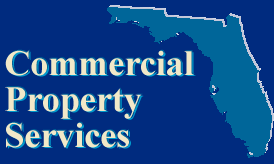|
How
uncommon value is added to United States property ownership.
Heard on National Public Radio, a few minutes of an interview.
An author explained contrasts between property ownership in
the United States and some other countries, such as Peru.
In
the United States, a chain of title is carefully recorded,
and protected legally. This paper record creates confidence,
and enables an owner to use a deed and other documents to
secure financing and engage in transactions with unknown persons.
These
added assets, documents proclaiming ownership and equity,
form a market unto themselves. Value is added!
More
than bricks and mortar, based upon the paper, the real estate
can be traded, or interests in it - leases, mortgages, title
- also have a separate value which may be used by an owner.
It
does not matter who the owner is in terms of social or economic
status. The quality of the ownership resides in the protected
legal environment represented by the various kinds of documents
on record.
By
contrast, in some nations, like Peru, there is little legal
record of ownership, credit, guarantees. And, transactions
often depend on the character and personal credibility of
the person(s) involved.
It
is "who you know" in those circumstances because
there is no other test of confidence. Therefore, decisions
depend on reputation and direct knowledge of people.
Some
of the details about culture may be lost in day-to-day contacts
between people. One of the reasons why doing business with
strangers in the United States is common and comfortable relies
upon the thoroughness of our legal system. And, one of the
reasons why knowing or being known is so essential in some
other nations may originate in a lack of sophisticated business
practices.
|

